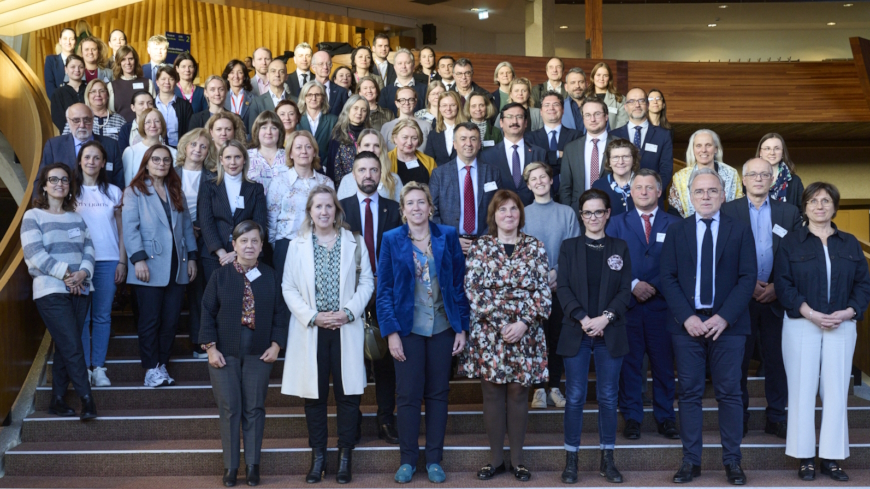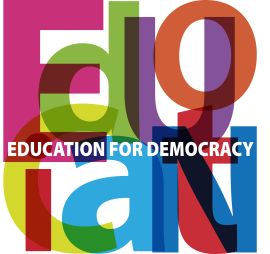The Council of Europe’s Steering Committee for Education (CDEDU) successfully concluded its 7th Plenary session in Strasbourg on 19 March. The discussions were organised around the three pillars of the 2030 “Learners First” Education Strategy: the democratic and civic mission of education, the social responsibility of education, and digital transformation.
Regarding Pillar I – the Democratic and Civic Mission of Education – the Committee welcomed the progress of the preparatory phase of the European Space for Citizenship and Education (ESCE). Delegates further endorsed guidance documents on applying the Reference Framework of Competences for Democratic Culture (RFCDC) to Vocational Education and Training (VET) in specific areas and on applying the RFCDC to Education for Sustainable Development (ESD).
Under Pillar II – the Social Responsibility and Responsiveness of Education – the CDEDU endorsed two toolkits, one on “Education in Times of Crisis and Emergencies (EDURES) and another on “Creating a democratic and inclusive school culture”.
A key outcome concerning higher education, of the Plenary was the approval of a draft Recommendation of the CM/Rec(2025)XX on the Qualifications and Linguistic Skills of Refugees in Europe to be adopted by the Committee of Ministers in June this year.
The Committee also endorsed reports from the Council of Europe Platform on Ethics, Transparency, and Integrity in Education (ETINED). Importantly, the establishment of the Centre for Preventing and Countering Education Fraud in Rome was noted.
The project proposal, exploring the role of Artificial Intelligence (AI) for the recognition of qualifications was approved. The Committee also took note of the progress achieved by the Ad Hoc Working Group on Automatic Recognition.
For students, a significant initiative that was approved by delegations is the creation of a Students' Rights Charter. It will be developed in collaboration with the European Students' Union, with particular attention given to ensuring inclusivity across all student categories in the consultation process.
Pillar III – Digital Transformation – centred on the 2025 European Year of Digital Citizenship Education. The CDEDU approved a review of the implementation of the Recommendation CM/Rec(2019)10 on digital citizenship education. In view of strengthening its say on AI regulation, the CDEDU approved the setting up of a Committee of Experts on Artificial Intelligence and Education (EDU-IA) and endorsed the outlines of a CM Recommendation on AI literacy and the development of a European Reference Evaluation Framework of EdTechs.
The Committee also took note of the latest developments of the programmes on Language Policy and History teaching and discussed the first outline of a CM Recommendation on the teaching of history in the digital age.
The next plenary session will take place in September 2025, to follow up on these initiatives.




